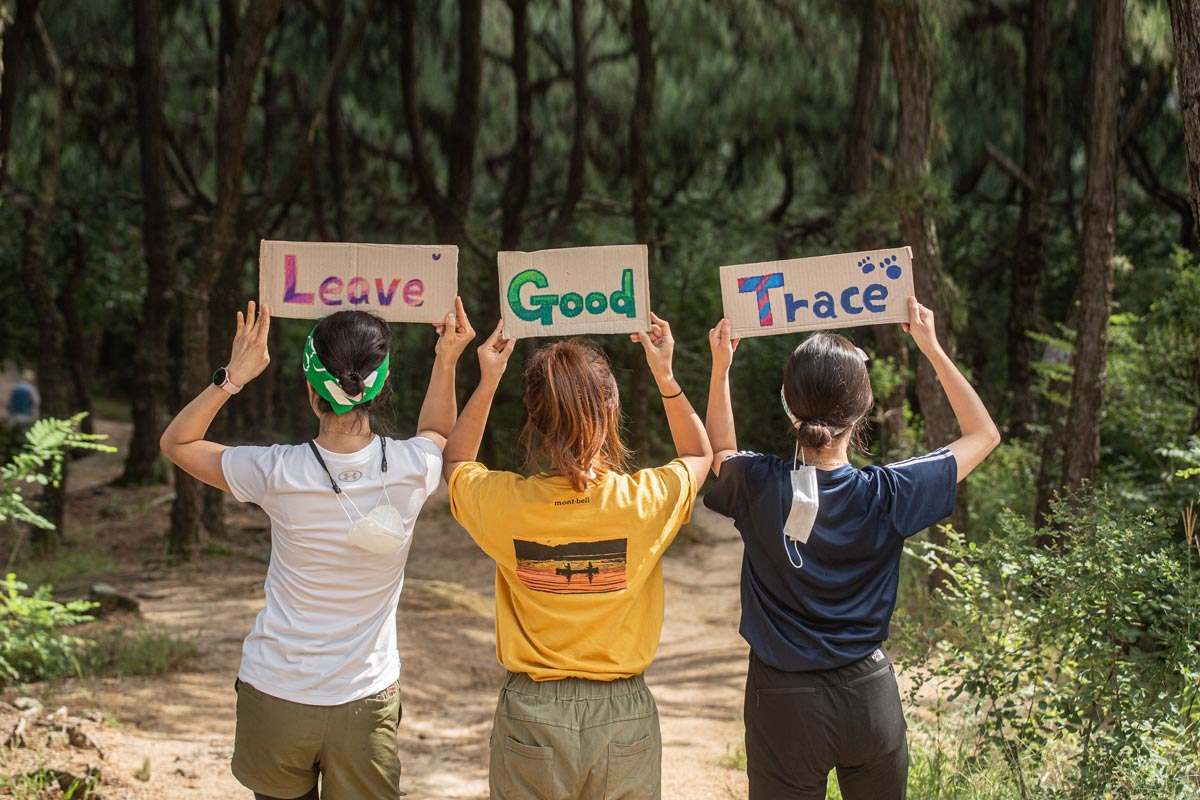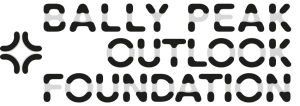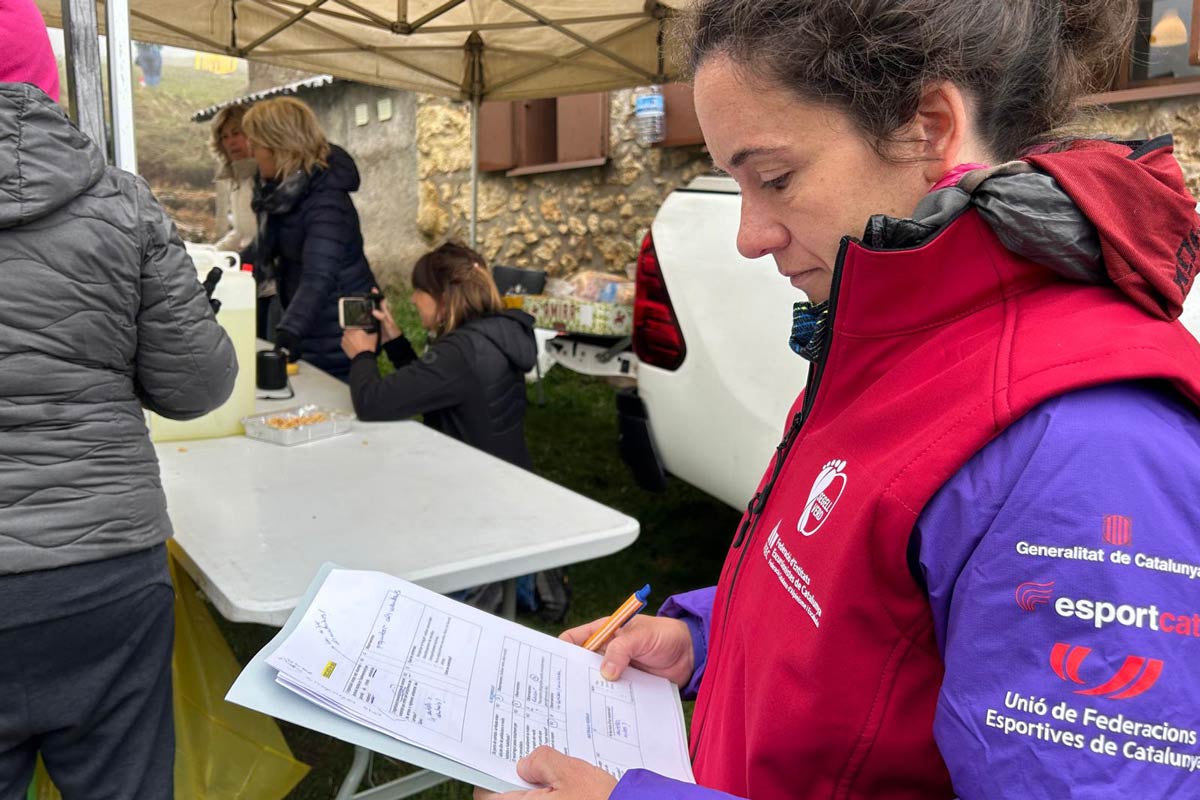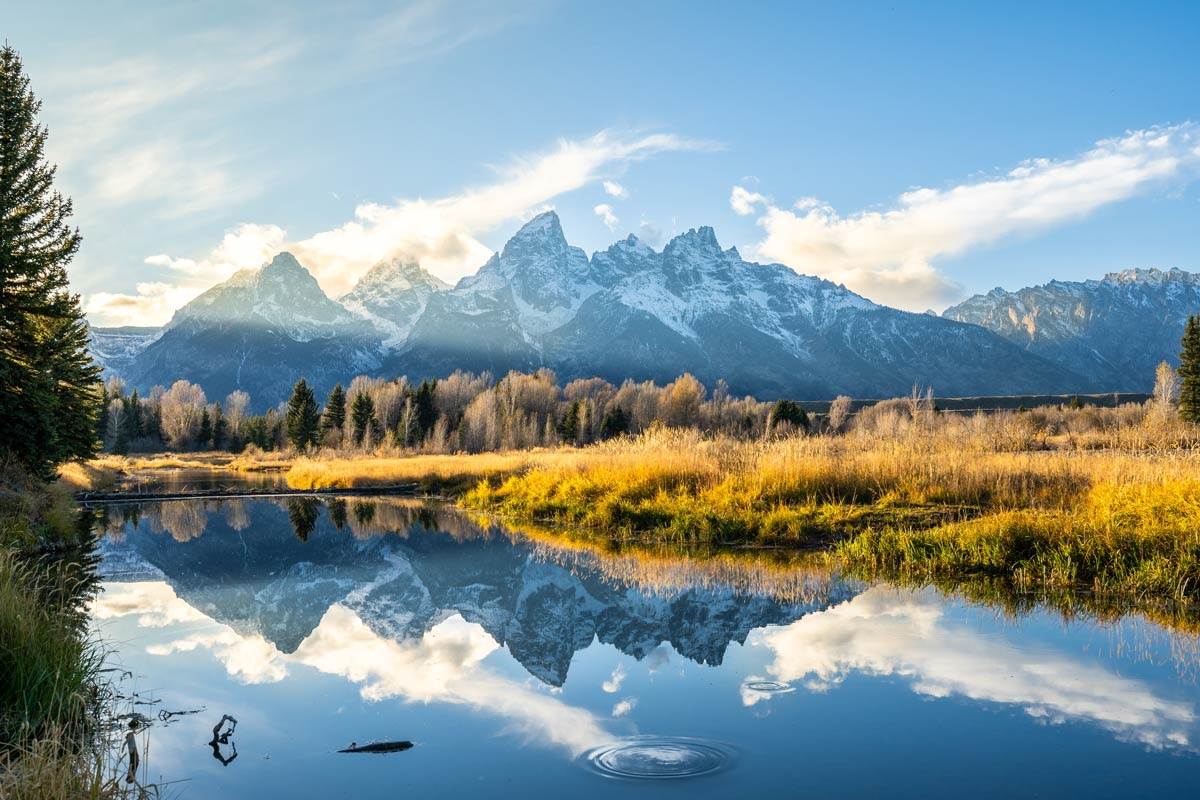The UIAA is delighted to announce that the Clean Hikers project by Leave Good Trace, Korea, has been named 2022 UIAA Mountain Protection Award (MPA) Runner-Up.
The Runner-Up is one of three prizes offered as part of the annual award. Save Rinjani, Indonesia, was announced as the Best New Initiative last week, and the Overall Winner will be revealed during the UIAA General Assembly on Saturday 29 October. The UIAA Mountain Protection Award is partnered by the Bally Peak Outlook Foundation.
A total of 16 projects operational in more than 15 countries and on four continents were showcased as part of 2022 MPA, a truly international platform. This year’s nominated projects focus on a number of sustainability topics including climate change, water pollution, waste management, education and youth, and closer engagement with decision makers and local authorities.
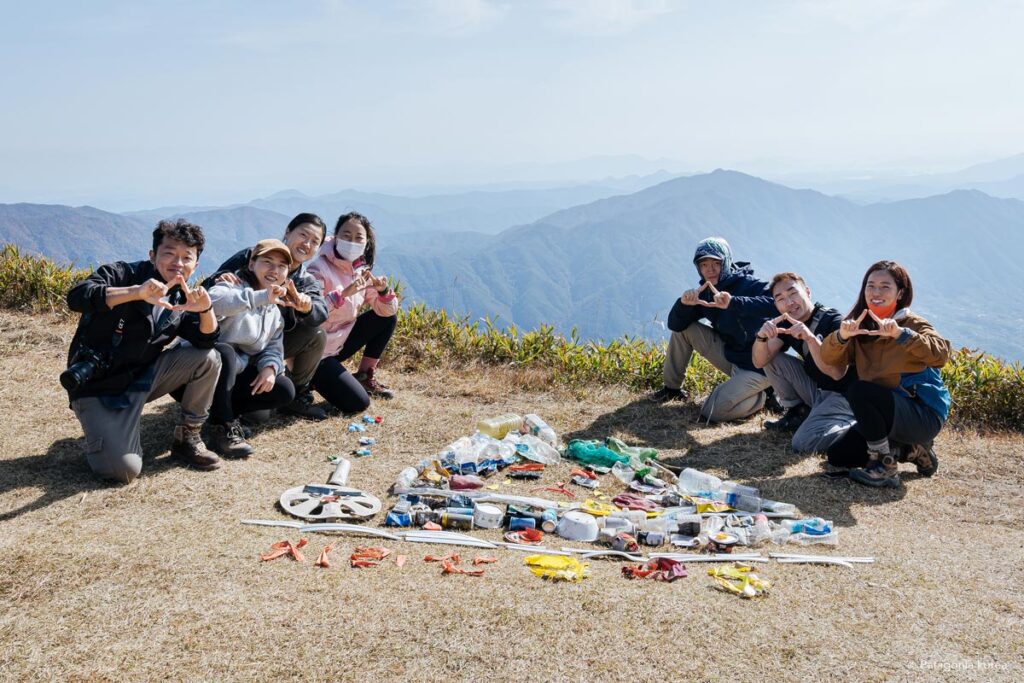
This year’s Award is particularly significant as it coincides with the United Nations designating 2022 as the International Year of Sustainable Mountain Development. Throughout this year, governments, international organisations and stakeholders have been invited to raise awareness of the importance of conservation and sustainable use of mountain ecosystems.
“The innovative Leave Good Trace (for mountains) project from Clean Hikers – a grassroots Korean mountain organisation – was a pleasure to assess. It clearly laid out the issue: people flocking to the mountains (especially during Covid!) – many without a mountain protection mindset. Clean Hikers took this difficult issue and applied a mixture of three positive concepts to it: playfulness, education, and art. Targeted at youth and families the project joyfully, playfully, and practically guides mountain protection concepts into mainstream mountain culture in the Republic of Korea. Moreover, as pressure on mountain spaces around the world increases the ideas behind Leave Good Trace – essentially leaving the mountain better than you found it – are ones that should resonate for us all.” – Mary Sanseverino – UIAA Mountain Protection Commission member and MPA assessor
ABOUT CLEAN HIKERS
Clean Hikers by Leave Good Trace, endorsed by UIAA member association Korean Alpine Federation (KAF), is a movement that creates a healthy outdoor culture by encouraging various green activities and linking them to mountaineering, the environment, recreation, youth participation and art. In recent years, the popularity of climbing, mountaineering and hiking has increased significantly in Korea. However, awareness about waste management and environmental protection has not accelerated at the same rate. This project helps bridge that gap. As part of the Award, Clean Hikers was granted 4,000 euros in prize money.
Following the announcement of the project’s nomination as runner-up, the UIAA spoke to Kangeun Kim, Clean Hikers Leader
UIAA: How do you feel about winning runner-up as part of UIAA Mountain Protection Award?
Clean Hikers: We are so happy. Since I’m aware that there are many other nominated projects making great changes in the world, I feel even more grateful. Through this Award, I can promote that there are young mountaineers who care about the environment in Korea. Also, this Award proves that this project initiated by an ordinary individual who loves the mountains can be expanded to the extent that it can have a significant and positive influence on others.
What do you hope recognition from the UIAA Mountain Protection Award brings to the project?
I do not think about the Award simply in terms of compliments or financial rewards. To our team, the MPA gives confidence, pride and even a new opportunity. We hope that this Award brings an opportunity to motivate people to engage in our project with the slogan: “Leave Good Trace” (pick up some waste even if they were thrown away by someone else) that goes one step further from “Leave No Trace.”
Moreover, we established our values and have been experimenting various methods to grow both internally and externally for the last five years. With this Award as a turning point, we want to scale up our project by communicating and collaborating with other groups in Korea as well as other countries.
With pride in this award and confidence in our values, we will continue to spread the word about sustainable climbing culture in various forms and do experiments with arts, play, culture, and the environment.
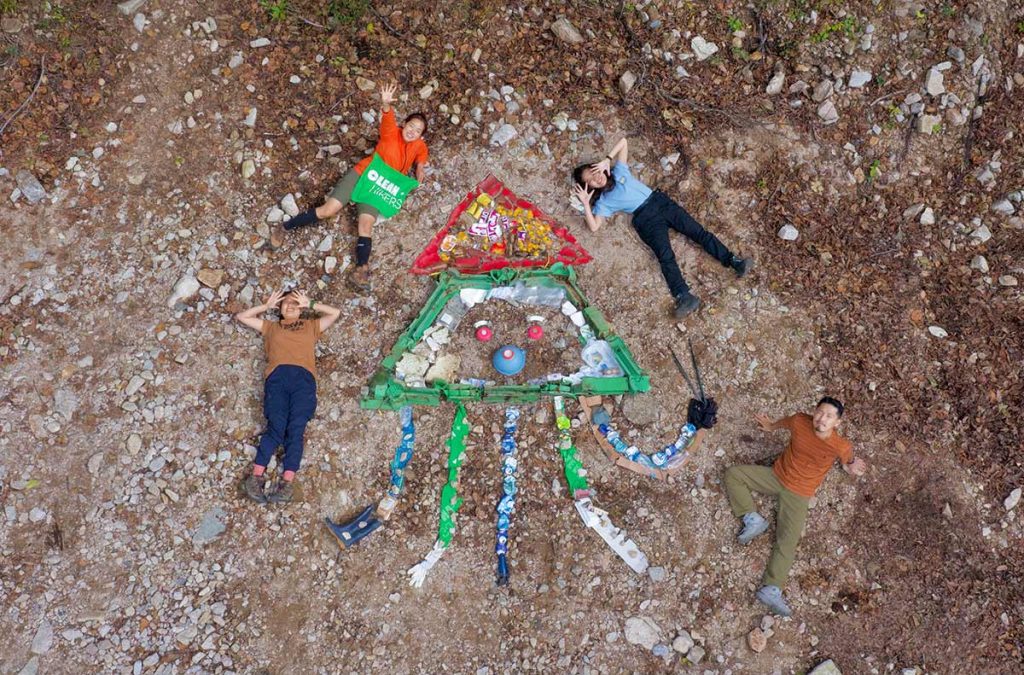 What are the long-term goals of your project?
What are the long-term goals of your project?
Though it sounds ironic, our long-term goal is to eliminate the need for clean hikers in the world. That is, we want to cultivate a climbing culture without concern on trash and bring pristine nature back. Of course, it is a long way to go. Currently, we are working on a clean-hiking campaign targeting those who enjoy outdoor activities and environment education programmes in collaboration with the local government.
We are planning to launch a mountain protection competition where both Korean and foreigners can participate in say a marathon or cycling championship, and hold an interactive exhibition on junk art completed by the audience. We are devoted to creating a culture where people regard picking up trash not as a demanding volunteer activity but as a play that one wants to participate in right away.
Based on your own experiences, what advice would you give to people trying to create similar projects to your own in other countries, especially those dealing with the issue of waste in the mountains?
Firstly, I’m more than happy to give advice to them. Still, the best way to gain valuable insights on picking up garbage is just to keep doing it. This is because people can learn what kind of garbage are on the site, how to pick them up more efficiently, how to dispose of them without any harm on nature and so on.
Besides this, I want to share three key takeaways based on my experience. Firstly, you should have fun from the activity. The activity can be sustainable only if you have fun. Also, if you truly enjoy the activity, a number of people who saw you doing it will join in the activity even without advertising it. Second, it is important to share your activity on social media. These days, an increasing number of people start to enjoy mountain climbing and they gain information on climbing from social media. So, your post on picking up garbage on social media can become an inspiration, lesson, or motivation to someone. It is better that a hundred people pick up 1kg of garbage than a single person doing it. So, “sharing” is the very keyword that you should keep in mind for protecting our nature as well as increasing the number of members in your team. Thirdly, you should keep in mind the big picture: the Earth. If you care about the mother nature, we all should strive to resolve fundamental problems such as waste reduction, CO2 reduction, and sustainable culture.
What do you think are the main challenges facing your region in terms of mountain protection as more people come to visit the mountains in Korea?
It is a worldwide trend that an increasing number of people, especially in Korea, start to enjoy going to mountains. After the pandemic, the number of young people who enjoy outdoor activities, especially in nature, has increased dramatically. Due to a lack of education on how to behave in nature, many people do not have an understanding on how to minimise human influence on nature and how to deal with trash in nature, which strengthened regulations in nature. As a result, good mountaineers have a limited scope of activities, while ignorant mountaineers continue to destroy mountains. Still, I do not think it is good to forbid people from climbing. Instead, we should establish a system where the natural environment is protected even without regulations by educating people on the environment to develop their environment sensitivity. Therefore, I think that we should develop an education program and enact environment-oriented laws through cooperation and collaboration between public and private sectors and individuals in order to make people regard the nature as something we should protect not as something we should consume.
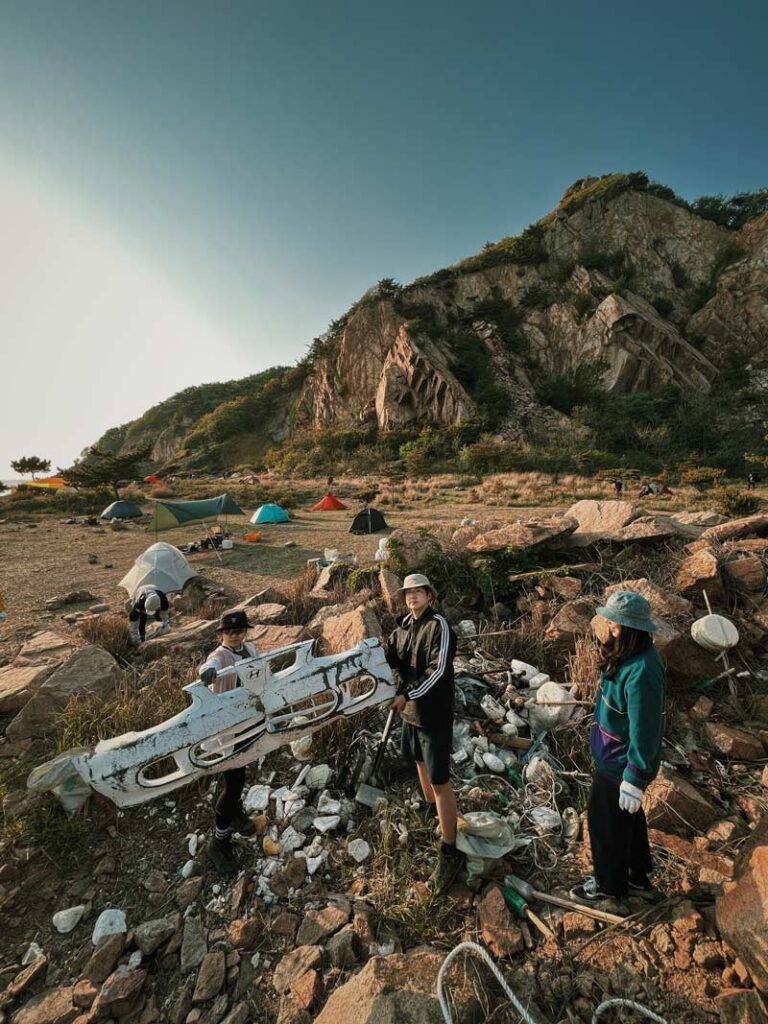
Your project works closely with youth groups, empowering them to become future leaders in mountain protection. Why is this so important?
As I have been picking up garbage for several years, something came up to my mind. “Those who throw trash away in the mountains will do the same thing again and again and our team and I will pick that up again and again.” So, I concluded that our project may become all in vain unless we resolve this systematic problem that engenders a vicious cycle. One day, as I was descending a mountain after a clean-hiking activity, I heard a conversation between a father and a six-year-old daughter. “Papa, let’s bring a garbage bag to pick up garbage here like them.” With this, I was convinced that the sword that can cut the vicious cycle is education of youth. Activities being enjoyed by young generations become a trend and even a mainstream. Also, kids are the ones who will lead in the near future. Though education for all is crucial, if we focus on youth education first, the systemic problem will be resolved naturally as they will grow up to be people who can appreciate the value of nature.
In your experience are climbers and mountaineers respectful mountain visitors?
Many mountain visitors are respectful. Still, there are other people who do not, especially from an environmental point of view. It is not news anymore that the Himalaya is suffering from abandoned tents and rubbish. Also, a crack in a certain rock face in Korea is full of cigarette butts resembling an ashtray. At this sensitive time, climbers and mountaineers should contribute to protecting the nature and developing environmental sensitivity among next-generation climbers and mountaineers.
Further Information
2022 UIAA Mountain Protection Award showcase
Clean Hikers UIAA Project Page
All photos: credit Clean Hikers
Main Partner

